“Love is not something we give or get; it is something that we nurture and grow, a connection that can only be cultivated between two people when it exists within each one of them – we can only love others as much as we love ourselves.”
–Brene Brown
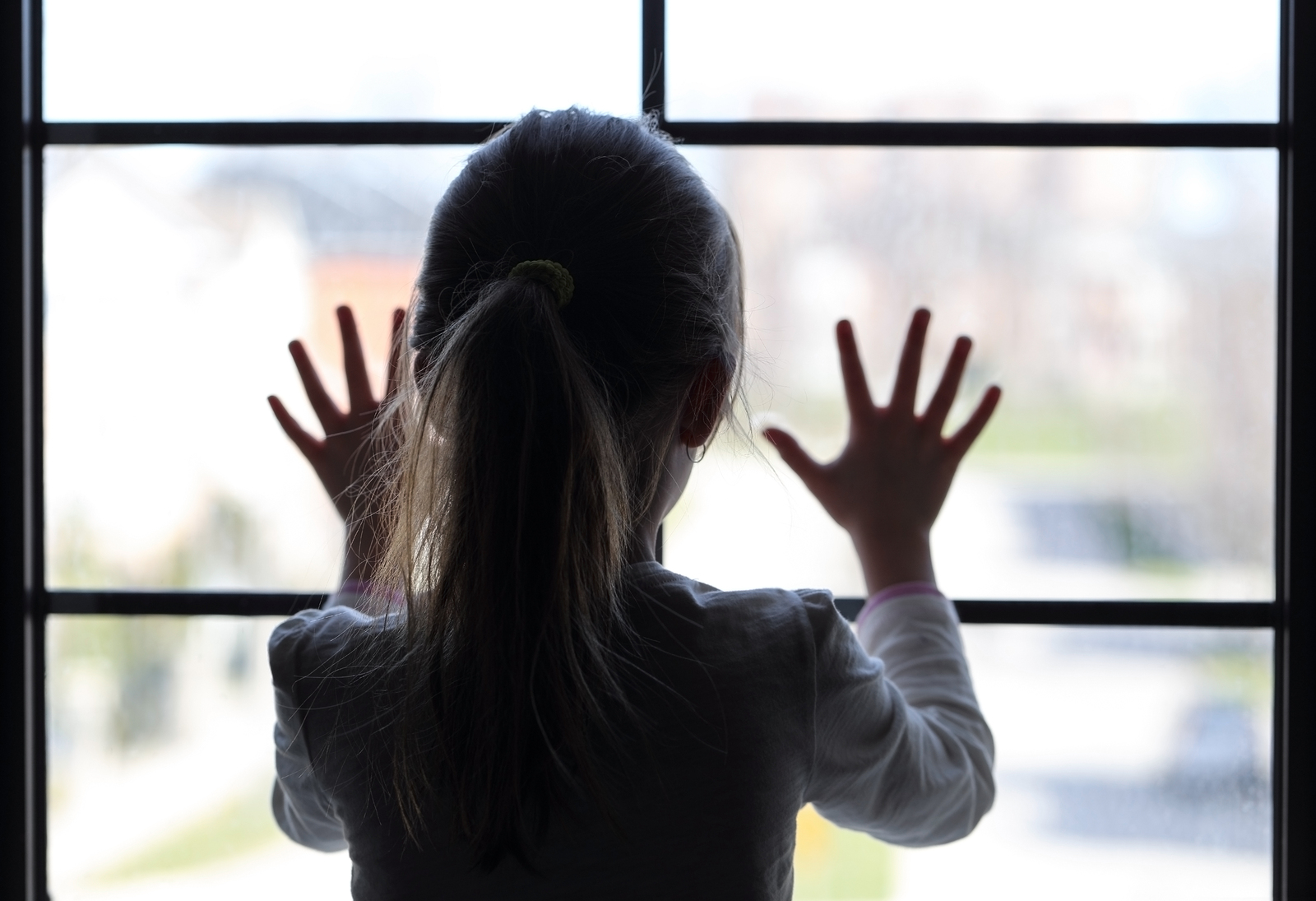
During the two years of my overly distracted life, I communicated more to a screen than to the people in my family. My schedule was so tightly packed that I constantly found myself saying, “We don’t have time for that.” And because there wasn’t a minute to spare, that meant no time to relax, be silly, or marvel at interesting wonders along our path. I was so focused on my “agenda” that I lost sight of what really mattered.
Calling all the shots was a mean voice in my head. My internal drill sergeant was continually pushing me to make everything sound better, look better, and taste better. My body, my house, and my achievements were never good enough. Holding myself to such unattainable standards weighed heavily on my soul and my inner turmoil eventually spilled out at people I loved the most.
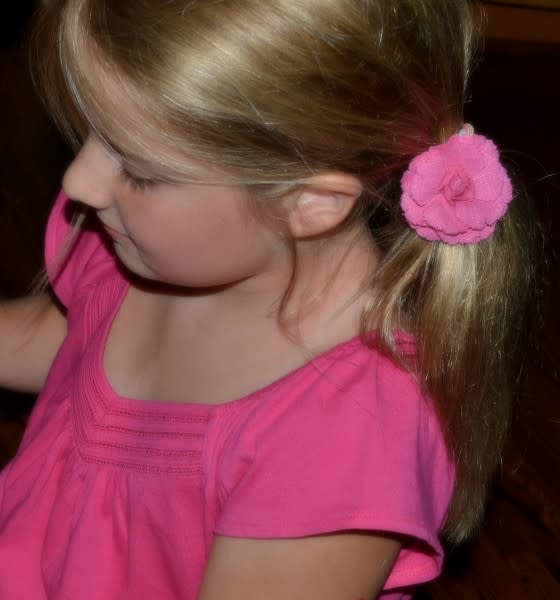
Sadly, there was one person in particular who bore the brunt of my discontent: my first-born daughter.
She could not make mess without me shaking my head in disappointment.
She could not forget her homework, her jacket, or her lunchbox without me making a big deal about it.
She could not spill,
stain,
break,
or misplace
without being made to feel like she’d made the worst mistake in the world.
Although it pains me to write this, I remember sighing heavily in annoyance when she fell down and hurt herself because it threw me off my “master schedule.” My daughter was not allowed to be a child who learned by trying and yes, sometimes failing.
The truth hurts, but the truth heals … and brings me closer to the person and parent I want to be.
Every time I came down hard on my daughter, I justified my behavior by telling myself I was doing it to help her—help her become more responsible, capable, efficient, and prepare for the real world.
I told myself I was building her up.
But in reality, I was tearing her down.
I vividly remember the day my mother was visiting from out-of-town. The children were playing alone in the basement. My younger daughter began crying hysterically. I ran downstairs fearing she was seriously hurt.
The first question out of my mouth was directed at my older daughter. “What did you do?” I asked angrily.
My child didn’t bother to explain that her little sister had slipped on the library book that was sitting on the bottom step. There really was no point. My beautiful child with humongous brown eyes that once held so much optimism looked defeated. Silent tears of a broken spirit slid down her face. My daughter knew it didn’t matter what she said, she’d still be wrong; it would still be her fault.
And there was my mother standing beside her, a silent witness to the whole ugly scene.
As my older daughter ran off to the sanctity of her bedroom, an unexpected question came out of my mouth. “You think I am too hard on her, don’t you?” I snapped.
My mom, who’d experienced her own difficult parenting moments and struggles, held no judgment in her eyes, only sadness. Her simple response of “yes” only confirmed what I knew in my heart.
I mustered up the courage to find the words that needed to be said. Apologizing didn’t come easily for someone who strived to make everything look perfect all the time, but I knew what needed to be said.
I found my child crumpled up like a dejected rag doll on top of her bed—her face puffy and red from crying.
“I’m sorry,” I mumbled.
My daughter didn’t move.
I sat down on the edge of her bed and began saying things I’d never said to another human being—not even myself. “I feel mad inside a lot. I often speak badly about myself in my head. I bully myself. And when I bully myself, it makes me unhappy and then I treat others badly—especially you. It is not right, and I am going to stop. I am not sure how, but I will stop. I am so very sorry,” I vowed trying not to cry.
My daughter looked unsure as to what to do with this confession, this unusual offering from her mother who rarely admitted any wrongdoing. I didn’t blame her for the skeptical look she gave me. I understood why she didn’t say anything back, but somewhere in those eyes I saw hope—hope that things could be different.
I desperately wanted things to be different too. It was time to stop being so hard on my child; it was time to stop being so hard on myself. I prayed I could stand up to the inner bully. I knew I needed an easy first step. I decided to use one simple word: STOP.
Within the hour, I had a chance to try it. The first critical thought that popped into my head arose as I was preparing to leave the house. I looked at my reflection and thought, “You look fat. You can’t go out looking like that.”
“Stop!” I assertively thought to myself, shutting down any further criticisms. Then I quickly turned away from the mirror and recited these words: “Only love today. Only love today.”
I used the same strategy when interacting with my child a few minutes later. Before any harsh words came out of my mouth about the way she was sloppily packing her bag of things, I cut off my inner critic by saying, “Stop! Only love today.” Then I swallowed the hurtful words and relaxed my disapproving face.
Within mere days of using the “stop” technique, I noticed a change. With a more positive thought process, it was easier to let go of the need to control, dictate, and criticize. In response, my daughter began taking more chances and began revealing her true passions. She started movie making and website design on the computer. She made doll furniture and clothing to sell in the neighborhood. She began baking new recipes without any help. Nothing she did was perfect. Nor was it mess-free or mistake-free, but the moment I said something positive, I saw her blossom a little more. That is when I began to clearly see beyond the mistakes and messes to what was truly important.
I began noticing my child’s inner beauty rather than looking for perfection on the outside.
I began paying more attention to the person she was rather than the successes she achieved.
I began letting her be who she was meant to be instead of some idealistic version I had in my head.
When I stopped being a bully to my child and myself opportunities for growth and connection opened up. Over time, significant progress was made. In a little less than two years on my journey to let go of perfection and distraction, I received the confirmation I never thought I would receive.
My daughter was outside before school tending to a garden she created smack dab in the middle of the yard. I watched from the kitchen window as she lovingly tended to her miniature plot. I was captivated by the utter joy on her face. She was clearly at peace.
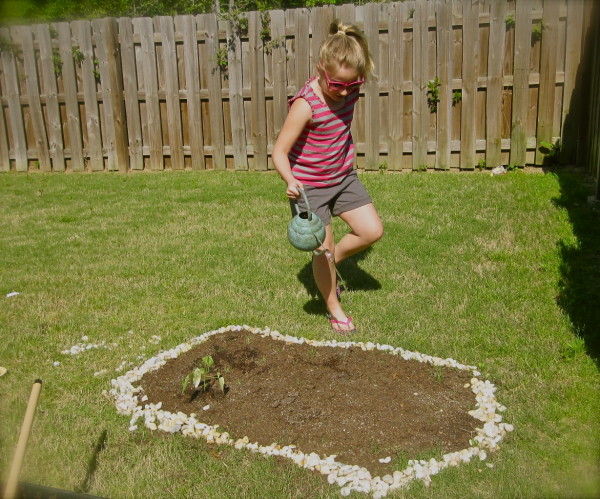
Since my dad loves to garden and had taught my daughter a few things, I took a picture and sent my parents. Nothing could have prepared me for the gift I would receive in return.
My parents wrote: “Thank for this precious picture of our beautiful granddaughter. Over the last two years, we have seen a tremendous change in her. We no longer see a scared look in her eyes; she is less fearful about you being upset or impatient with her. She is much happier and more relaxed. She is thriving and growing into a content, creative, and nurturing person. We know for a fact the changes we see in her coincide with the changes we have also seen in you.”
My friends, I have the following message to offer anyone who wants to believe today can be different than yesterday:
If you think that criticizing, belittling, or critiquing yourself will make you smarter, fitter, or more valuable, please reconsider.
If you think badgering, bullying, or constantly correcting your child will make him or her more likable, more confident, or more successful, please reconsider.
Because the truth is this:
It’s hard to love yourself with a bully breathing down your neck.
It’s hard to love yourself when the one person who’s supposed love you unconditionally doesn’t.
It’s hard to become the person you’re supposed to be when you aren’t allowed to fall down and get back up.
If we want our children to become who they’re meant to be, let’s ease up. “Nobody’s perfect” can be two of the most empowering, healing words when said to oneself or to another human being.
Let’s stop the ridicule. Let’s stop the relentless pressure. Let’s stop the impossible pursuit of perfection.
Only love today, my friends. Only love today.
Because love is always a good place to start a new beginning.
Rachel Macy Stafford is the New York Times bestselling author of Hands Free Mama and Hands Free Life. She is a certified special education teacher who helps people overcome distraction and perfection to live better and love more. For more inspiration and strategies to stop managing life and start living it, go to www.handsfreemama.com or The Hands Free Revolution on Facebook.
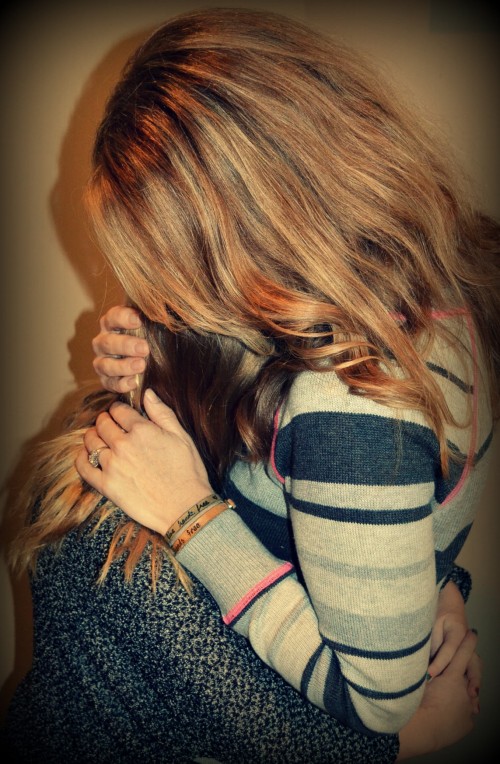
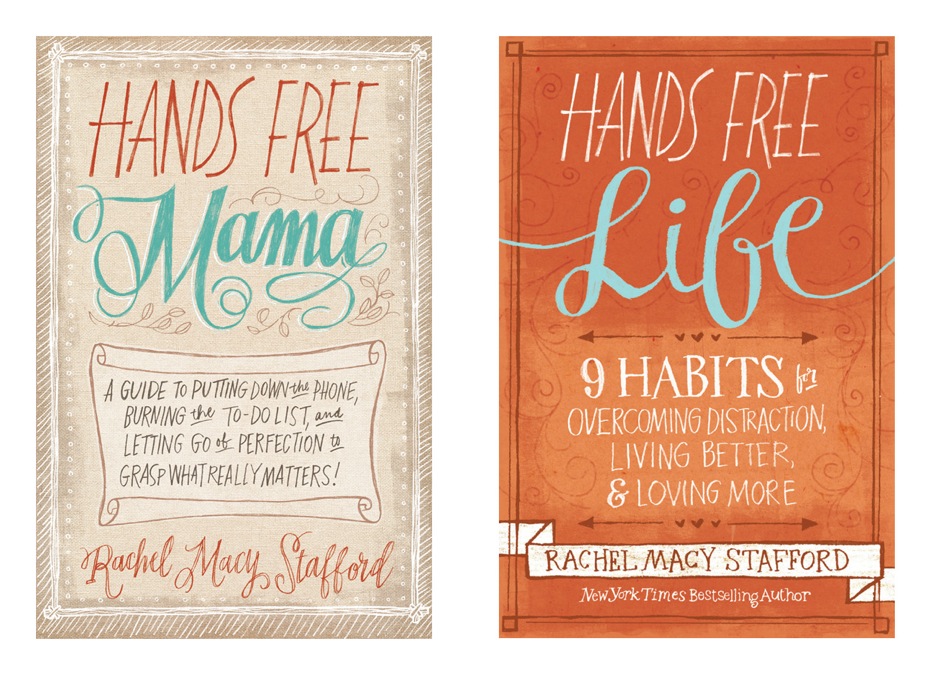
More on TodaysMama.com
The One Sentence That Gets My Kids To Take Responsibility

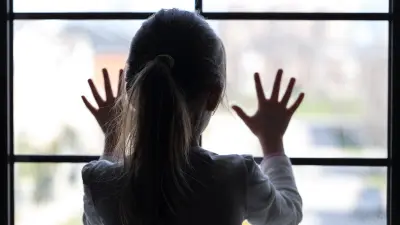




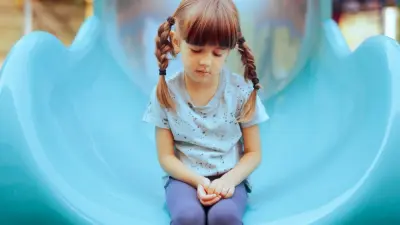

Leave a Reply